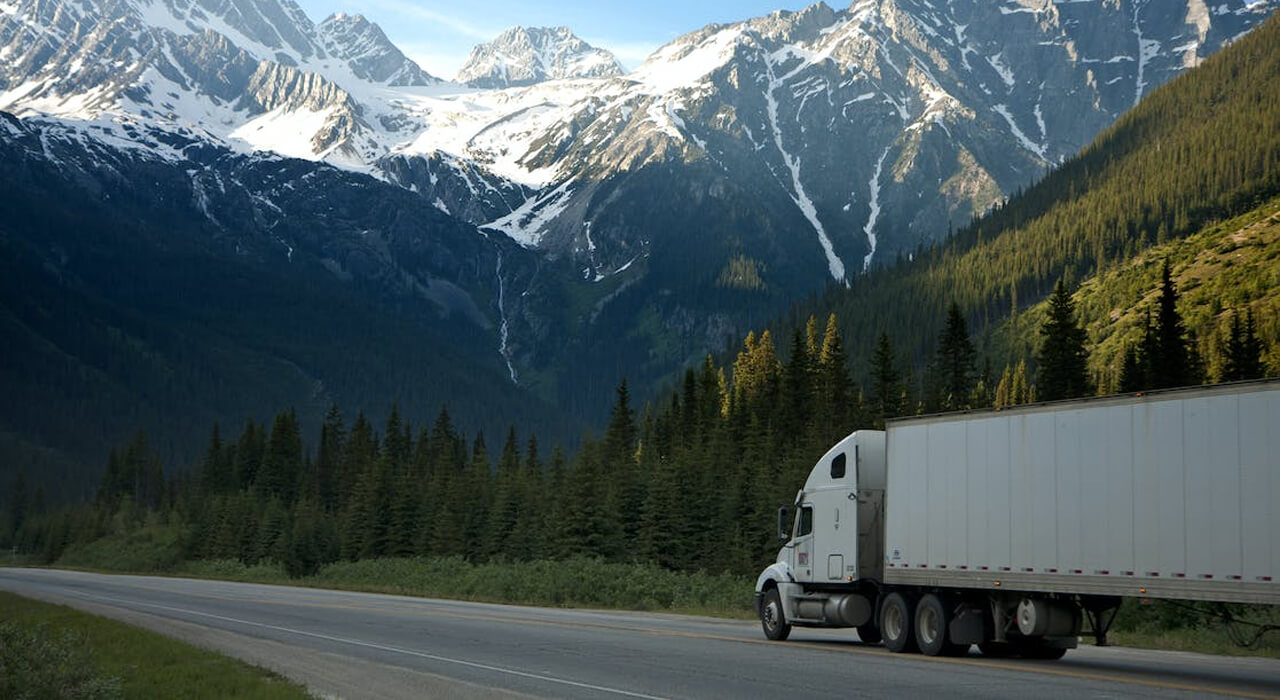The trucking industry comes with greater risks than many other industries. This is why insurance is such an important part of doing business. Truck insurance is required to operate, though cargo insurance is not required unless you are a for-hire interstate owner-operator.
Even though cargo insurance isn’t always required, it’s wise to add this extra measure of protection. Many clients will decline to do business with a trucking company that doesn’t have cargo insurance.
What Is Cargo Insurance?
Cargo insurance is exactly what it sounds like — a type of insurance coverage on the freight truckers haul. Cargo insurance covers the liability for lost or damaged cargo in the event of a collision, fire, or the load is struck. This insurance can help when cargo spills into the highway as it covers the expense of cleanup.
As it isn’t always required, those who do not need it often go without it. However, it’s a huge mistake to operate a trucking company without this insurance coverage. Cargo insurance can protect you against financial losses while goods are in transit. It may also help cover legal costs and prevent additional loss and freight charges for missing a load.
Why You Should Have Cargo Insurance When Operating a Commercial Trucking Business
Even though you may not be legally mandated to have cargo insurance for your operations, this valuable coverage will protect your goods from risks. Catastrophic events can happen in a fraction of a second. With this coverage, you can mitigate the fallout.
Suggestion: 6 Easy Steps To Buying A Brand-New Car (Experts Guide)
Most goods have a higher value than the rates you’d need to pay for this coverage. You and your clients could suffer a huge loss if you don’t have cargo insurance. Moreover, you may be hard-pressed to find clients who want to do business with you without this protection.
It’s not always easy to prove a carrier’s liability since freight may be handled by many companies during storage and transit. It can be hard to pinpoint where the damage occurred, plus other damages like natural disasters, fires, or insufficient packing may arise.
Cargo insurance works a lot like regular auto insurance policies in that it covers you if something happens. Even if you run your business by following every regulation carefully, accidents and other situations can’t always be avoided no matter what you do. When you have this coverage, you don’t have to worry about providing liability or tracing what happened to the cargo. It’s the protection you need for those “what if” moments that happen in the trucking industry.
Who Could Benefit from Cargo Insurance?
In the trucking industry, there may be hazardous conditions that could make the risks greater for accidents. In these cases, you should not operate without cargo insurance, even if you are exempt from federal requirements.
This type of coverage can be a blessing for long-haul or short-haul trucking, delivery trucks, cargo vans, flatbeds, and more. Even box truck insurance is ideal for protecting you in the event of the unimaginable.
The biggest benefit of having cargo insurance in place is that you minimize financial losses even if the shipment becomes lost or damaged. It also protects your cash flow, simplifies reporting of losses, and makes claims easier in these circumstances.
When Do You Need to Get Cargo Insurance?
Experts advise trucking companies to get cargo insurance even if the law doesn’t require it. Freight is exposed to many risks as it changes hands. When it moves to different trucks or ports, there are more chances of it getting damaged, stolen, or lost.
Also Check: 9 Affordable Best Large Sedans To Buy In 2024
The type of cargo insurance you choose matters as well. It’s generally grouped into land and marine categories.
Land Cargo Insurance
Land cargo insurance covers cargo that is moved by land via trucks and small utility vehicles. With this coverage, you are protected from the risks involved with freight shipping by land.
Marine Cargo Insurance
Marine cargo insurance protects both ocean and air freight. It’s useful for international shipping, covering damages caused by loading and unloading as well as other risks such as weather or piracy.
These types of cargo insurance also come in a variety of policies, and it can get confusing to determine which is best for your needs. You may benefit from an open coverage type of cargo insurance that tends to cover freight for a year across multiple shipments. There is also contingency coverage where the customer will take on the insurance rather than the seller.
All-risk cargo coverage will help for damaged or lost shipments of new goods that are not prone to spoilage. Warehouse-to-warehouse cargo coverage is another option that covers the freight once it has been unloaded from the ship at the port and starts its journey to the client’s warehouse.
Many more types of cargo insurance may benefit your business, though it’s best to speak with a trucking insurance expert to determine what will best fit your needs.
Things to Avoid When Choosing Cargo Insurance
Now that you know how cargo insurance can protect your trucking company, there are some things to avoid when considering your coverage options. In particular, you should avoid limited cover. This kind of cargo insurance policy only pays benefits if certain events have occurred. It can vary by contract, which means you should make sure you fully understand the terms before agreeing.
For owners of a new trucking company, money is likely tight while you get your venture off the ground. It may seem prudent to go for the cheapest coverage, but that may mean that you’re not understanding the terms, conditions, and risks. You may be better off paying a little more to ensure you are protected where you need it the most.







